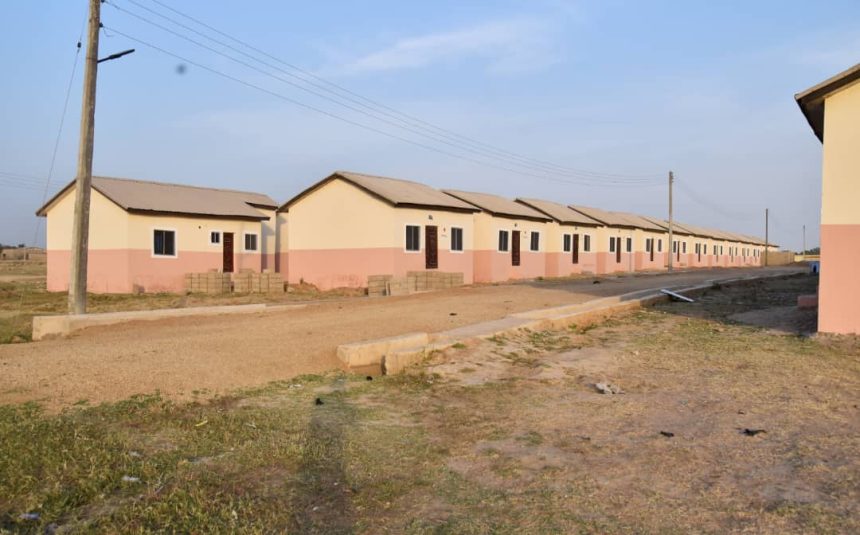Nigeria’s housing crisis continues to deepen, and industry leaders are calling for urgent reforms in the mortgage sector. According to them, fixing the system is critical to help more Nigerians afford decent homes and close the growing housing gap.
They believe Nigeria’s housing finance laws are outdated and can’t keep up with the country’s needs. As evidence, they point to successful reforms in other sectors, such as pensions and telecommunications. These industries were once struggling, but with the right changes, they’ve attracted investment, created jobs, and grown rapidly. Experts now want the same for the housing sector.
Ayo Olowookere, who leads Imperial Homes Mortgage Bank, highlighted the problem. He noted that the National Housing Fund (NHF) law was introduced in 1992. Yet, decades later, it has only gathered about half a trillion naira. In contrast, the pension industry—reformed years later now manages over N24 trillion for 16 million contributors. This, he says, shows how powerful reforms can be when done right.
The housing market is in bad shape. Whether buying or renting, many Nigerians simply can’t afford proper shelter. As a result, millions are pushed into overcrowded slums or unsafe informal settlements. Pastor Matthew Ashimolowo of Kingsway International Christian Centre added to the concern, citing a World Bank report. He said Nigeria needs 700,000 new homes each year to meet demand, but currently builds less than 100,000.

Meanwhile, the population is exploding. With Nigeria projected to hit over 400 million people by 2050, cities like Lagos and Abuja are already struggling to cope with demand. Housing is becoming more expensive, and the dream of homeownership keeps slipping away for the average person.
At the heart of the problem is money or the lack of it. Olowookere explained that mortgage banks don’t have access to long-term, low-interest loans. These are the kind of funds needed for affordable mortgage products. Instead, banks compete in the same market as everyone else, driving up interest rates and making housing loans unaffordable for most people.
Because of this, mortgage banks are forced to improvise. They patch together loans from short-term funds, which don’t fit the nature of long-term housing finance. This not only slows down homeownership but also deepens poverty and widens inequality.
Experts agree: the system must change. They want the government to step in, provide funding support, and lead the charge for real reform. Housing, they say, should not just be a privilege for the rich. It’s a basic right and a national emergency that can’t be ignored any longer.



